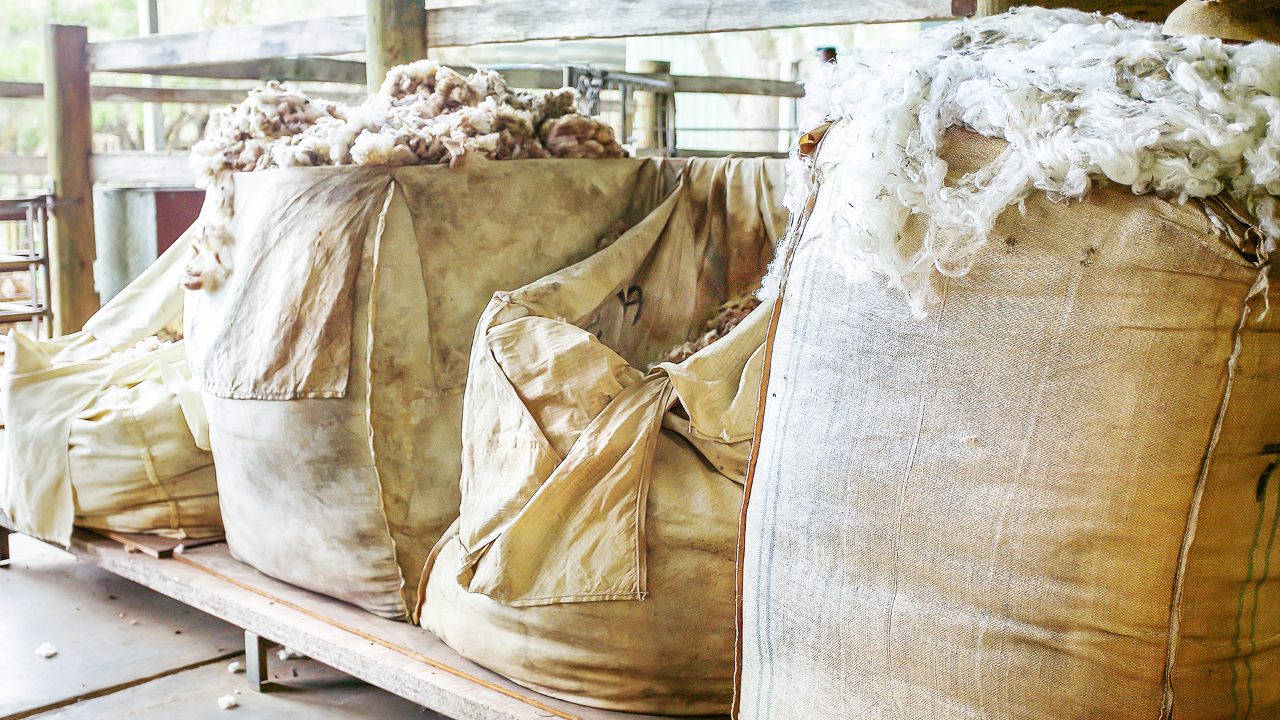Marg Ford's interest in wool started when she was an agricultural journalist for the Waikato Times before she married a shearer and spent more time in woolsheds and eventually became an official wool classer herself.
Ford is now the Registrar for the NZ Wool Classers Association and told REX hosts Hamish McKay and Rebecca Greaves that the preparation for crossbred wool in particular is crucial in ensuring farmers get the best sale price possible.
"The wool always sells better, it's more respected I think if it has a classers stencil on it.
"But crossbred there is no real big expectation when it comes to that."
A wet season combined with low prices can see farmers failing to separate higher colour parts of the fleece and "infecting" the white fleece with the yellower fleece, which Ford told Greaves and McKay can be simply avoided by separating the fleeces.
"If you want really good colour, you've got to separate it out, it's that simple."
Ford even told McKay and Greaves about a friend of hers who sold 12 bales of whiter wool for NZ$1.60 per kilogram and six bales of the yellower fleece wool for $1 per kilogram.
"It's not that much if you look at it but it's a big difference if you look at it in percentage terms.
"It's worth the effort."
She worries New Zealand's reputation for providing high-quality, coloured wool could be damaged if farmers continue to take a relaxed approach and again stressed the importance of taking the time to separate fleeces and provide the excellent standard of wool Aotearoa is known for.
"These are the bigger picture things that we as an independent association involved in the wool industry, we just feel we have to flag them."
While a two-year part-time course and a two-day grading course are required to become a registered wool classer, Ford believes the most valuable skills are learnt on the farm itself.
"The real learning is out in the shed," she explained.
"To be honest I think these days quite a few people who become wool classers do a lot of learning prior to or while they are doing their academic stuff, they are out there learning of classes, working in the sheds with them."
For more information about how to become a registered wool classer, what every individual prefix means and more head to their official website woolclassers.org.nz.












